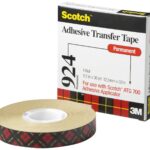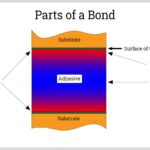Zinc is an essential element that is used in many products and processes, including denture adhesive. It is added to denture adhesive to provide several benefits. First, zinc helps to bind the adhesive to the gums, providing a strong and secure bond for dentures. Additionally, it helps to keep bacteria away from the gums, reducing the chances of infection. Another benefit of zinc in denture adhesive is that it helps to reduce irritation and gum sensitivity.
This helps to make wearing dentures more comfortable. Additionally, zinc helps to reduce plaque buildup, preventing bad breath and other oral health issues. Finally, zinc helps to make the adhesive last longer. This helps to ensure that dentures stay firmly in place for an extended period of time. Overall, zinc is an important ingredient in denture adhesive, providing benefits such as secure bonding, reduced irritation and gum sensitivity, reduced plaque buildup, and extended adhesive life.
Why does denture adhesive have zinc in it
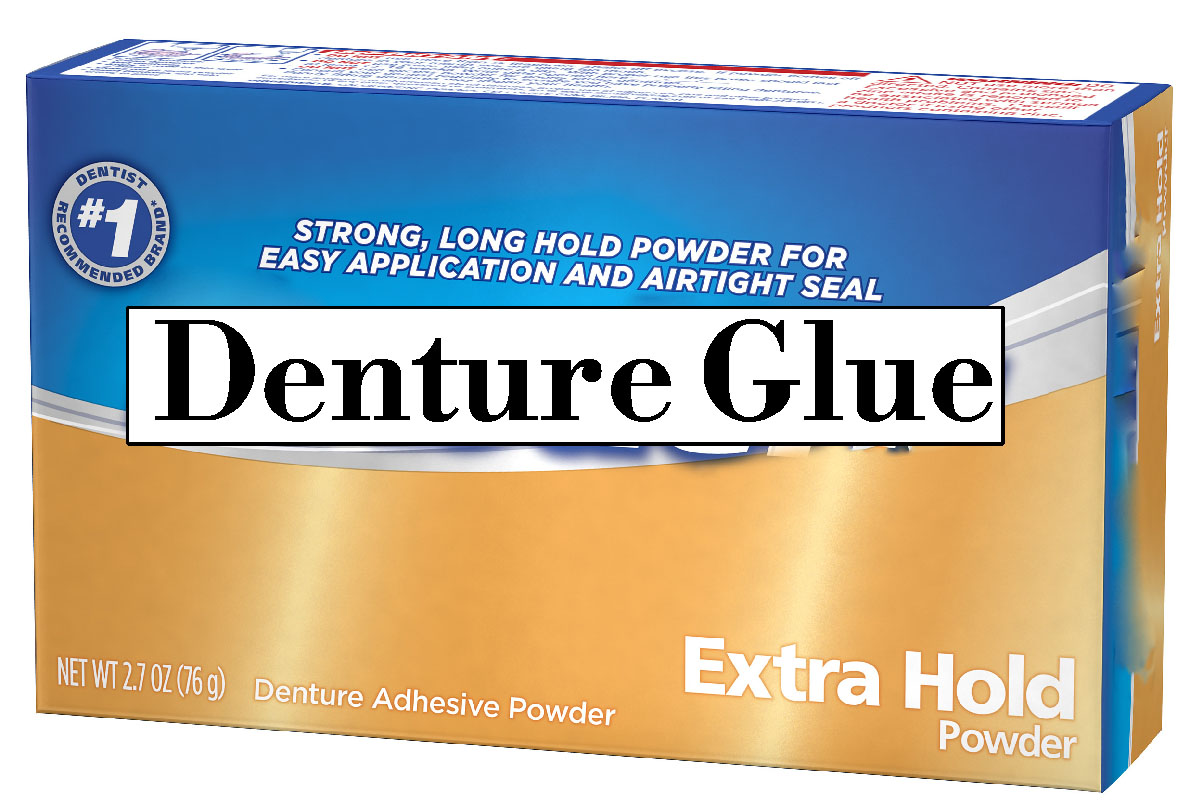
Zinc is an essential mineral that helps to protect the skin from irritation and injury. When used on the gums, zinc helps to reduce inflammation and discomfort. It can also help to reduce the amount of bacteria that can cause gum disease. This makes it an important mineral for those with dentures. The zinc in denture adhesive forms a protective barrier over the gums, which helps to reduce food particles from getting stuck and causing irritation.
It also helps to keep the dentures securely in place, preventing them from slipping or causing discomfort. Additionally, zinc helps to prevent dryness, which can cause the gums to become irritated and inflamed. This can make wearing dentures more comfortable and enjoyable. Overall, zinc is an important element in denture adhesive because it provides protection and comfort for those wearing dentures, as well as helping to keep the dentures securely in place.
Is there a denture adhesive without zinc?
Zinc is commonly used in denture adhesive as it helps the adhesives to stay in place for a long period of time, making them more durable. Additionally, zinc helps to form a more secure bond between the dentures and the gums, making the dentures more comfortable to wear. However, because zinc can be toxic if ingested, many people have been looking for a denture adhesive without zinc. Unfortunately, it is difficult to find one as most denture adhesives contain some type of zinc. If you are looking for a denture adhesive without zinc, there are some that contain other elements that may be more suitable.
For example, there are some adhesives that contain sodium carboxymethylcellulose or polycarbophil, which are both considered safe and effective alternatives to zinc. It is important to note that while these alternatives may be suitable for some people, they may not provide the same level of protection as an adhesive that contains zinc. Therefore, it is important to consult with your dentist before making a decision about which adhesive to use. In conclusion, there are denture adhesives without zinc available, but they may not provide the same level of protection as those that contain zinc. It is important to consult with your dentist before making a decision about which adhesive to use.
What is the healthiest denture adhesive?
Denture adhesive is used to secure dentures and improve comfort. It is important to choose a denture adhesive that is healthy and non-toxic. One of the healthiest denture adhesives on the market is zinc-based. Zinc is a mineral that is essential for human health and is found naturally in many foods. It is used in denture adhesive as it helps to provide a strong bond between the denture and the gum.
Zinc also helps to reduce inflammation, which can help protect gums from irritation and soreness. In addition, zinc is a natural anti-bacterial agent, which can help to prevent infections caused by bacteria. Denture adhesives that contain zinc are also free from strong odors and will not cause staining on the dentures. They are also easy to use and can provide up to 12 hours of secure fit. Overall, zinc-based denture adhesives are the healthiest option for denture wearers. They are safe, effective, and provide a secure bond without any strong odors or staining.
Why was zinc removed from Poligrip?
Zinc was an important component of Poligrip denture adhesive for many years. It was believed to help provide a secure hold for dentures, which could be beneficial for some individuals. However, some studies have raised concerns about the health effects of zinc when used in denture adhesive for extended periods. In particular, some studies have suggested that the use of zinc-containing denture adhesives can lead to an accumulation of zinc in the body, which may increase the risk of side effects such as anemia and nerve damage. As a result, the decision was made to remove zinc from Poligrip and other denture adhesives.
Alternative components have been used instead, such as polyvinyl acetate, to provide a secure hold for dentures. Although polyvinyl acetate does not have the same strength-providing properties as zinc, it has been found to be safe for use in denture adhesives. Overall, the decision to remove zinc from Poligrip was made in order to reduce the potential health risks associated with its use. This has allowed the product to remain safe and effective for those who need to wear dentures.
Can you get zinc poisoning from denture adhesive?
It also helps the adhesive to form a strong bond between the denture and the gums. Without zinc, the adhesive would not be able to provide the same level of secure fit. However, it is possible to get zinc poisoning from overuse of denture adhesive. If too much adhesive is used, or if the adhesive is used for too long, the zinc can leach out of the adhesive and be absorbed through the skin. This can lead to symptoms such as nausea, vomiting, fever, and even kidney damage in extreme cases.
It is important to use denture adhesive correctly to prevent zinc poisoning. Follow the instructions on the package carefully, and never use more adhesive than is recommended. It is also important to replace the adhesive regularly to prevent the accumulation of zinc in the body. Finally, if you experience any symptoms of zinc poisoning, such as nausea, vomiting, or fever, it is important to seek medical attention right away. Zinc poisoning can be dangerous if left untreated, so it is important to take the necessary precautions to prevent it. In conclusion, zinc is an important component of denture adhesive, but it can be dangerous if used incorrectly. Proper use of the product and regular replacement of the adhesive can help prevent zinc poisoning. If you experience any symptoms of zinc poisoning, it is important to seek medical attention right away.
What is denture adhesive and do I need It?
It helps to prevent sliding and rocking of the dentures when the person is eating, speaking, and laughing. It also helps to provide comfort and stability to the denture wearer. Why is zinc in denture adhesive? Zinc is an important part of denture adhesives because it helps to reduce the amount of gagging, irritation, and sensitivity that can occur when wearing dentures. It acts as a cushion between the dentures and the gums, helping to reduce discomfort. Additionally, zinc helps to keep the dentures clean and prevents bacteria from forming.
Do I need denture adhesive? If you wear dentures, it is important to use a denture adhesive to ensure that your dentures stay in place, remain comfortable, and are safe from bacteria. Without using an adhesive, your dentures may move around, become loose, and cause irritation or other discomfort. Overall, denture adhesive is an important part of wearing dentures. It helps to keep your dentures secure, comfortable, and free from bacteria, and zinc is an important part of the adhesive composition. If you wear dentures, denture adhesive should be a part of your routine.
What is the best adhesive for partial dentures?
Partial dentures are a popular choice for those who need to replace missing teeth. Finding the right adhesive to secure them to the gums can be a challenge. It’s important to look for an adhesive that is strong yet gentle on the gums. One of the best adhesives for partial dentures is zinc-based. Zinc is a naturally occurring element and it is used in many medical applications.
Zinc has the ability to form tight bonds between the denture and the gums. It is also strong and reliable. In addition to its strong bonding qualities, zinc is also gentle on delicate gums. It won’t irritate the gums or cause any discomfort. Zinc is also non-toxic, making it safe to use on the gums. Another benefit of zinc-based adhesive is that it is easy to use. Simply apply a thin layer to the denture and gums, and allow it to set for about 30 minutes before inserting the denture. It also comes in various forms, including powder, cream, and liquid. For those looking for an adhesive to secure their partial dentures, zinc-based adhesive is an excellent choice. Not only is it strong and reliable, it’s gentle on the gums and easy to use.
Why it is important to use denture adhesive?
It helps to keep the dentures in place, preventing them from slipping and causing discomfort. Zinc is a key ingredient in denture adhesive. It helps to form a strong bond between the denture and the gums, making it much more difficult for the denture to become dislodged. Zinc also helps to reduce soreness and irritation of the gums caused by the dentures rubbing against them. Without the use of denture adhesive, the dentures may move around, causing pain and discomfort.
This can also cause difficulty in speaking, eating, and other activities. Using denture adhesive helps to provide a secure fit and a comfortable experience. Denture adhesive is also important for those who have recently had their dentures fitted, as it helps to reduce the amount of time it takes for them to adjust to the dentures. With the help of zinc, denture adhesive can help to improve the fit of the dentures and will help to reduce the risk of the dentures becoming loose or slipping. In summary, denture adhesive is important to use because it helps to ensure a secure fit, reduce discomfort, and assist in the adjustment to dentures. The zinc in denture adhesive is a key ingredient as it helps to form a strong bond between the denture and the gums. Without it, dentures are more likely to become loose and cause discomfort.
How effective and safe are denture adhesives?
It prevents slipping and provides a secure fit for the denture wearer. However, denture adhesive can contain high levels of zinc, which can be dangerous in large quantities. Zinc is a mineral found naturally in the body and is an important trace element for health. It helps the body to heal wounds and helps the immune system to function. It also helps keep bones, teeth, and gums healthy.
In denture adhesive, zinc acts as an adhesive, helping to create a strong bond between the denture and the gum tissue. However, if the denture adhesive contains too much zinc, it can be toxic and can cause zinc poisoning. This can lead to nausea, vomiting, and other serious health problems. To prevent zinc poisoning, it is important to use denture adhesives that contain the lowest amount of zinc possible. Look for adhesives that are labeled “low-zinc” or “zinc-free”. Additionally, be sure to follow the manufacturer’s instructions for using the product and do not overuse it, as this can also lead to zinc poisoning. Overall, denture adhesive can be an effective and safe way to keep dentures in place. However, it is important to be aware of the potential risks associated with high levels of zinc in the adhesive and to take appropriate precautions when using it.
Can you be allergic to zinc in denture adhesive?
It helps to create a strong bond between the denture material and gums. Zinc also provides protection against bacteria, fungi and other microorganisms that can cause gum disease. However, it is possible to be allergic to zinc in denture adhesive. Allergic reactions to zinc can vary from mild to severe. Signs of a mild allergic reaction may include redness, itching and swelling of the gums.
Severe allergic reactions can cause difficulty breathing and chest tightness. If you experience any of these symptoms after using denture adhesive, stop using it immediately and seek medical help. Your doctor can determine whether the symptoms are caused by an allergy to the zinc in the adhesive. If an allergy to zinc is confirmed, an alternative denture adhesive can be used. There are many non-zinc denture adhesives available on the market which may be suitable for use. It is important to be aware that allergies to zinc in denture adhesives are possible. Therefore, it is important to look out for any signs of an allergic reaction and seek medical advice if needed.
How much zinc is in denture adhesive
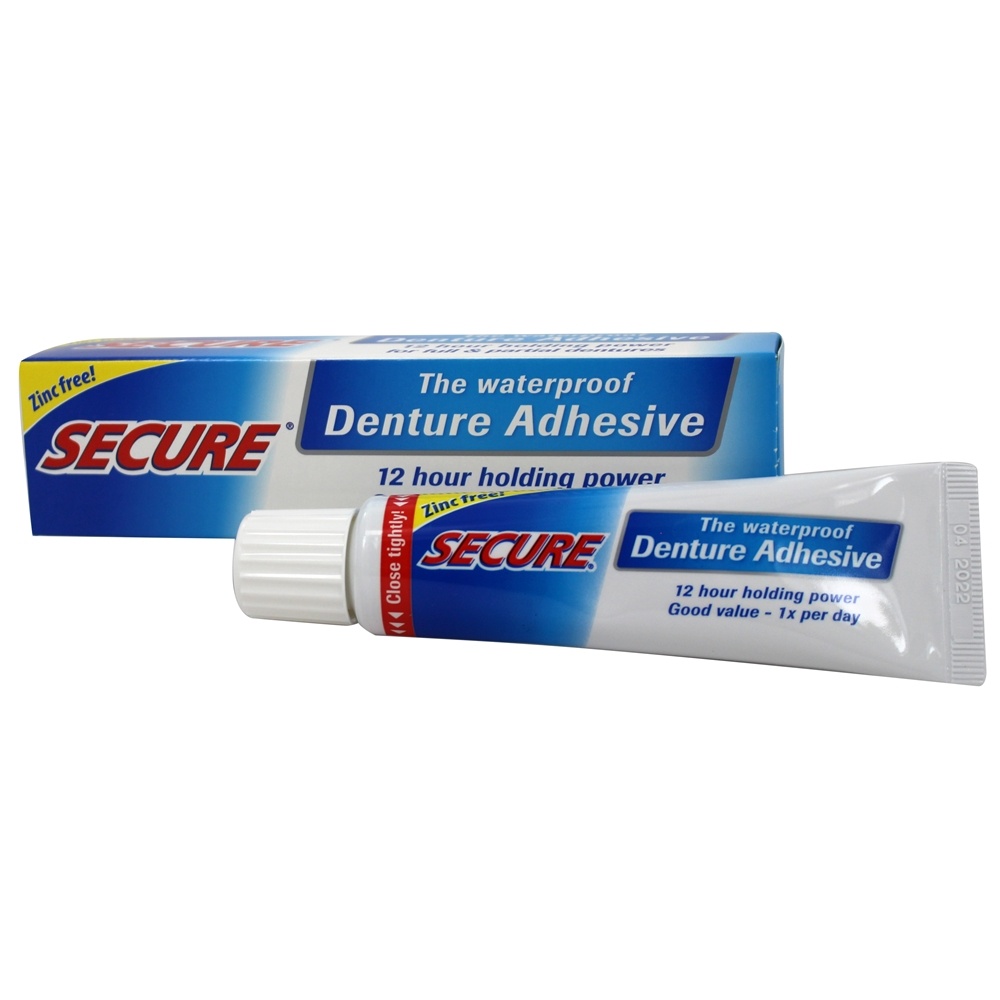
Zinc acts as a mild antiseptic, protecting the mouth from bacterial infection, and also helps to control bad breath. The amount of zinc in denture adhesive can vary depending on the manufacturer, but generally it is around 10% to 20% of the total weight. This is usually enough to create the strong bond needed and provide the antimicrobial properties. The amount of zinc in the adhesive also helps to prevent the dentures from slipping and can help to reduce irritation and soreness. It is important to make sure that the adhesive is applied correctly to ensure that the dentures stay securely in the mouth.
Zinc is an essential part of denture adhesive, and its presence is vital for providing comfort and a secure fit. The amount of zinc in the adhesive can vary depending on the manufacturer, but is usually between 10% and 20% of the total weight of the adhesive. This amount of zinc helps to create a strong bond between the denture and the tissue in the mouth, while also providing protection from bacterial infection and reducing bad breath.
How much zinc is absorbed from Fixodent?
Zinc plays an important role in helping to provide a good fit, reducing the risk of slipping and discomfort. The amount of zinc absorbed from Fixodent varies, depending on the amount of time it is in contact with the dentures and the amount of adhesive used. However, the amount of zinc absorbed is generally considered to be quite low and not of any significant concern. The Food and Drug Administration (FDA) has approved Fixodent as safe to use and confirmed that zinc absorption from the denture adhesive is not of significant concern. The FDA has also confirmed that zinc levels in saliva and urine remain within normal levels in people who use denture adhesive. In conclusion, zinc is an important component of denture adhesive, such as Fixodent. The amount of zinc absorbed from Fixodent is generally considered to be quite low and not of any significant concern, and it has been approved as safe to use by the FDA.
Can you get too much zinc from Fixodent?
Fixodent contains zinc in its formula, and is used by people who wear dentures to help keep their dentures in place. Although zinc is an essential nutrient, it can be dangerous if you get too much of it. There is a risk of zinc toxicity if you get too much zinc from denture adhesive, such as Fixodent. Symptoms of zinc toxicity include nausea, vomiting, diarrhea, and abdominal cramps. It is important to be aware of the amount of zinc you are getting from your denture adhesive.
The recommended daily intake of zinc is 8-11 milligrams, so you should make sure that the amount of zinc in the Fixodent you are using is not more than that. It is also important to follow the instructions for use carefully when using Fixodent or any other denture adhesive. You should only use the amount of denture adhesive suggested in the instructions, and avoid using the adhesive for longer than recommended. If you are concerned about your zinc intake, talk to your doctor or a nutritionist. They can help you monitor your zinc intake and make sure you are getting enough of this essential nutrient without getting too much.
How do I make sure zinc is absorbed?
When it comes to zinc in denture adhesive, it is used as an adhesive agent, but it can also be beneficial for absorption. You can ensure zinc is absorbed from denture adhesive by consuming a diet that includes foods high in zinc, such as red meat, seafood, dairy, nuts, and whole grains. It is also important to take a multivitamin that contains zinc for added absorption. Additionally, you can increase the amount of zinc your body absorbs by exercising regularly, as this can help your body absorb more minerals. You should also avoid taking too much of any one mineral, as this can interfere with the absorption of other minerals. Finally, make sure you are drinking enough water throughout the day, as this helps the body absorb more zinc. By following these steps, you can ensure that the zinc in denture adhesive is absorbed and utilized properly by your body.
Does denture adhesive have zinc in it?
It helps to create a strong bond between the denture and the gums, which can often be weak due to natural shrinkage of the gums. It also acts as an antibacterial agent, helping to reduce the risk of infection from bacteria that can accumulate on the dentures. Zinc oxide is the most common form of zinc used in denture adhesive. It has a high amount of zinc, which helps create a strong bond that lasts for a long time. The zinc oxide also helps to prevent irritation of the gums by creating a barrier between the denture and the gums.
The amount of zinc in denture adhesive varies depending on the type of adhesive and the manufacturer. Some adhesives contain more zinc than others, and the amount of zinc may also be adjusted depending on the individual needs of the patient. Denture adhesives are an important part of oral hygiene, and they should be used regularly. It is important to follow the directions provided by the manufacturer to ensure the proper amount of zinc is in the adhesive. By doing this, patients can ensure their dentures are held securely in place and that the gums are protected from irritation. Overall, zinc is an important part of denture adhesive and is necessary for a safe and secure bond between the denture and the gums. It also helps to protect the gums from infection and irritation. It is important to use the right amount of zinc in denture adhesive to ensure the best results.
Can swallowing denture adhesive harmful?
Swallowing denture adhesive can be harmful as it contains zinc. Zinc is essential for our bodies to function properly, but too much zinc can be toxic. Zinc is found in many different types of denture adhesives, including creams, gels, and powders. Denture adhesive containing zinc helps to improve the fit of dentures and prevents them from moving around in the mouth. The zinc helps to form a bond between the adhesive and the dentures, allowing them to stay in place for an extended period.
However, it is important to note that swallowing denture adhesive containing zinc can be dangerous, as it can cause a range of symptoms such as nausea, vomiting, and diarrhea. It can even lead to zinc poisoning if too much is consumed. Therefore, it is important to read the label carefully before using denture adhesive, as it is important to use the correct amount and avoid swallowing it. If you have any concerns, speak to your dentist or doctor before using a denture adhesive that contains zinc.
What denture adhesive is zinc free?
Zinc can be found in many everyday items, from kitchen utensils to over the counter medications. However, when it comes to dentures, the presence of zinc can cause serious health risks. The presence of zinc in denture adhesive can cause an elevated blood zinc level, which can lead to an increased risk of cardiovascular disease, impaired immune function, and anemia. Additionally, zinc can also cause a deficiency in minerals like copper, which can cause nausea, vomiting, and constipation. For those reasons, it is best to use denture adhesive that is zinc free.
Such adhesives can provide the same level of protection and comfort as regular denture adhesives, but without the health risks associated with zinc. To ensure that your denture adhesive is zinc free, always look for the phrase “zinc-free” on the label. This will ensure that you are using an adhesive that is safe and does not pose any health risks.
What are the side effects of zinc in denture adhesive
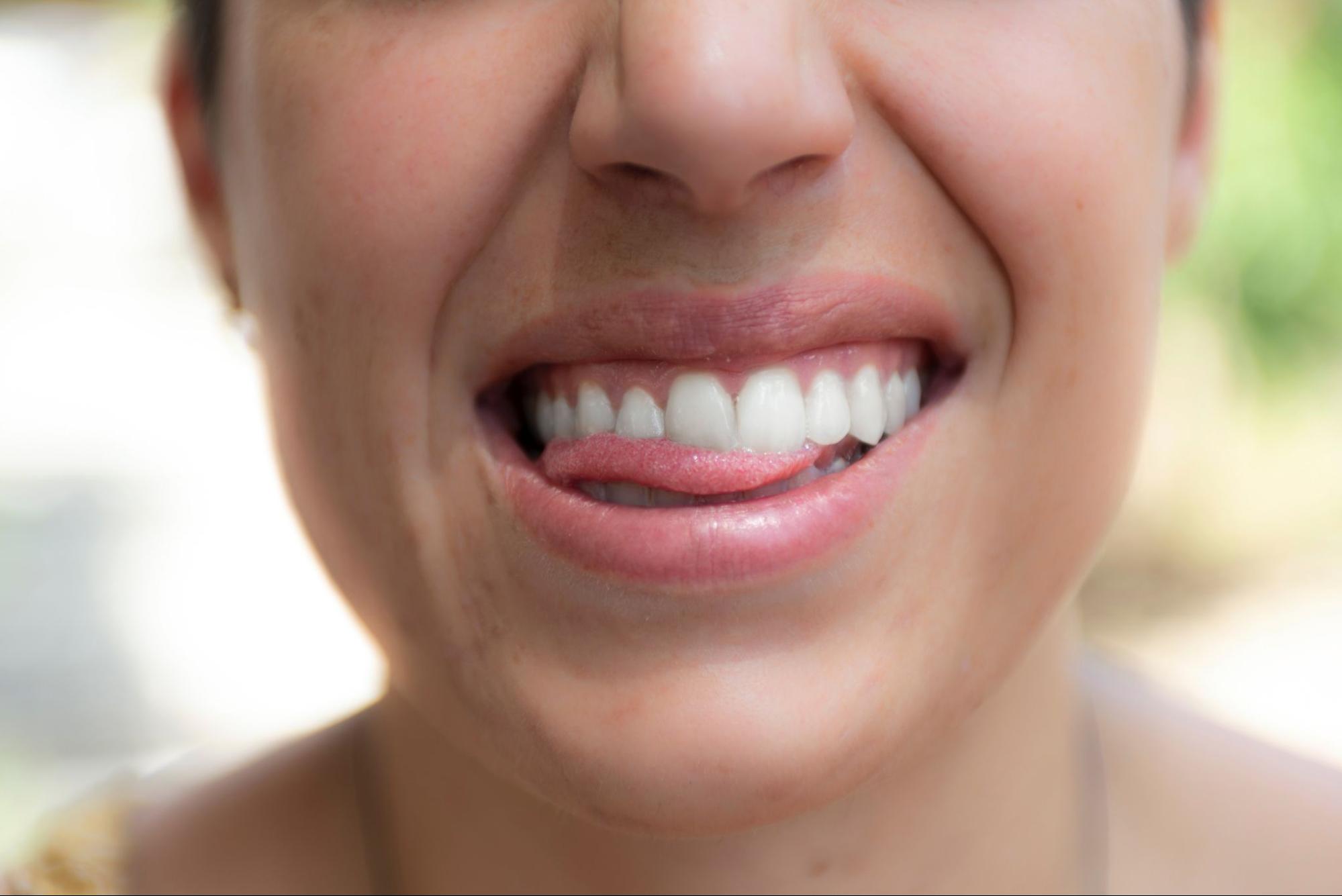
It can also help to provide a more secure fit for dentures, reduce irritation, and provide cushioning between the dentures and the gums. However, while zinc in denture adhesive can provide these beneficial effects, it can also lead to some unpleasant side effects. In some cases, zinc can cause an allergic reaction, leading to redness, itching or swelling in the mouth. It can also cause nausea, bad breath, and a metallic taste. Long-term use of denture adhesives containing zinc may lead to a condition called zinc toxicity, which is caused by too much zinc in the body.
Symptoms of zinc toxicity include abdominal pain, nausea, vomiting, loss of appetite, and anemia. If you experience any of these symptoms after using a denture adhesive containing zinc, it is important to talk to your dentist or doctor. They may suggest switching to an adhesive that does not contain zinc, or they may recommend taking a zinc supplement to prevent zinc toxicity. In general, the benefits of using denture adhesives containing zinc often outweigh the potential side effects. However, it is important to be aware of the potential risks, and to talk to your doctor or dentist if you experience any of the side effects.
Is my denture adhesive making me sick?
Because of the unique needs of people with dentures, denture adhesive often includes the mineral zinc to help form a long-lasting bond between the dentures and the gums. However, some people have reported feeling ill after using denture adhesive containing zinc. There is ongoing medical research to determine if these symptoms are caused by zinc allergy or some other component of the adhesive. If you suspect that your denture adhesive may be causing you to feel sick, it is important to speak with your doctor to determine the cause. They may recommend an alternative adhesive that does not contain zinc or another preservative.
Your doctor may also recommend taking a zinc supplement, which can help lessen the symptoms of zinc sensitivity. Taking a zinc supplement can also help reduce any negative side effects from using denture adhesive containing zinc. In addition to speaking with your doctor, it is important to follow the instructions on the package of denture adhesive carefully. This will help ensure that you use the right amount of adhesive and don’t have an adverse reaction to the zinc. Taking these precautions can go a long way towards helping you feel better while wearing your dentures.
What can I use instead of denture glue?
While denture glue is commonly made from zinc, there are other options available for those who do not wish to use a product containing zinc. One alternative to denture glue is a special type of dental adhesive strip. These strips are applied to the dentures and then placed in the mouth. The adhesive strips provide a strong hold without the need for glue. Another option is to use a denture adhesive powder.
This powder is sprinkled onto the denture and then the denture is placed in the mouth. The powder helps the denture stick to the gums and provides a secure fit. Those who wear dentures can also try using a denture cream. This cream is applied directly to the dentures and helps them to stay in place. Unlike glue, denture cream does not contain zinc and is easy to apply. Finally, there are also denture wafers that can be used as an alternative to denture glue. These wafers are placed between the denture and the gums and provide a secure fit. They are also easy to apply and do not contain zinc. No matter which option you choose, it is important to speak to your dentist before using an alternative to denture glue. Your dentist can help you decide which product is best suited to your needs.
Can zinc in Fixodent make you sick?
Zinc is commonly found in denture adhesives, such as Fixodent. The presence of zinc in denture adhesive has many benefits, such as improving the adhesion of the adhesive, helping to reduce bad breath, and preventing gum irritation. However, too much zinc can cause ill effects. People who use denture adhesives with zinc can potentially experience nausea, vomiting, headaches, and copper deficiency. So, can zinc in Fixodent make you sick? Yes, it is possible, if you use too much at one time or use too much regularly.
If you are using zinc-containing denture adhesive, it’s important to follow the directions on the label to ensure that you are not getting too much zinc. If you experience any of the symptoms listed above, such as nausea, vomiting, or headaches, you should stop using the denture adhesive immediately and consult a doctor. It is also important to speak to your doctor if you are concerned about zinc levels in the denture adhesive. In conclusion, zinc-containing denture adhesives can be beneficial in many ways, but it is important to use them correctly and in proper moderation to avoid any potential health risks.
Why was zinc removed from denture adhesive?
Zinc has been removed from denture adhesive for a variety of reasons. The primary concern is that high concentrations of zinc can cause a condition called zinc poisoning. Symptoms of zinc poisoning include vomiting, nausea, loss of appetite and fatigue. High levels of zinc in your system can also cause kidney and liver damage. The amount of zinc in denture adhesive was deemed too high to be safe.
As a result, zinc has been removed from denture adhesive and replaced with other ingredients. Another reason that zinc was removed from denture adhesive is that it can cause a metallic taste in the mouth. This caused patients to feel uncomfortable when wearing their dentures. Finally, zinc has been removed from denture adhesive because it can cause an allergic reaction in some people. Those with sensitive skin may experience a rash or other skin irritation when zinc is present in denture adhesive. Overall, zinc has been removed from denture adhesive due to safety concerns, unpleasant taste, and the potential for allergic reactions.
Why is zinc used in denture creams and adhesives?
Zinc helps to keep the gums healthy by flooding them with essential vitamins, minerals and electrolytes, which help to keep the teeth and gums strong and healthy. Zinc also helps to reduce the growth of bacteria in the mouth, which can lead to bad breath and tooth decay. This is why it is used in denture adhesives, as it can help to keep the mouth clean and free of bacteria. Another key benefit of zinc in denture adhesives is that it helps to improve the bond between the denture and the gum. This helps to keep the dentures in place, reducing slipping and irritation.
Zinc in denture adhesives also helps to keep the teeth and gums healthy and strong, keeping them looking and feeling great. Finally, zinc has been proven to help reduce gum inflammation and soreness, meaning that it is an ideal choice for those with sensitive teeth or gums. It can help to reduce gum irritation and inflammation, as well as helping to keep the mouth healthy. Overall, zinc is an essential mineral for dental health, and its use in denture adhesives and creams helps to keep the mouth healthy and free of bacteria, as well as reducing gum inflammation and soreness. It can also help to improve the bond between the dentures and the gums, helping to keep them in place and reducing irritation.
Is zinc in fixodent harmful?
Zinc helps to keep the body’s immune system working properly and supports wound healing. When zinc is used in denture adhesives, it helps to keep the dentures and gums secure and prevents them from slipping. This makes it easier to eat, speak, and smile with dentures in place. In the correct amounts and with careful use, zinc in denture adhesive products is safe and beneficial. However, if too much zinc is consumed, or if it is used incorrectly, it can be harmful to the body.
Excessive zinc intake can lead to anemia, nausea, and vomiting. Therefore, it is important to follow the instructions on the package and not to use more than the recommended amount. Overall, when used correctly, zinc in Fixodent and other denture adhesives can be beneficial for those wearing dentures. It helps to keep the dentures in place, making it easier to eat, speak, and smile confidently. However, it is important to be aware of potential risks and to use the product as directed.
Does fixodent powder have zinc in it?
It provides a strong hold and helps seal out food particles. Fixodent powder does, in fact, contain zinc. This helps to create a stronger bond between the adhesive and the dentures. It also forms a protective barrier to keep food particles from getting stuck in between the dentures and the gums. Zinc is also beneficial in improving the overall health of the gums and mouth.
It helps to prevent inflammation and can even reduce bad breath. It also helps to prevent bacterial and fungal growth in the mouth, which is important for overall oral health. Overall, zinc is an important component of denture adhesive, and Fixodent powder does contain zinc. It helps to create a strong bond between the adhesive and the dentures and also provides a protective barrier to keep food particles from getting stuck in between the dentures and the gums. It also helps to improve the overall health of the gums and mouth, and can even reduce bad breath.



